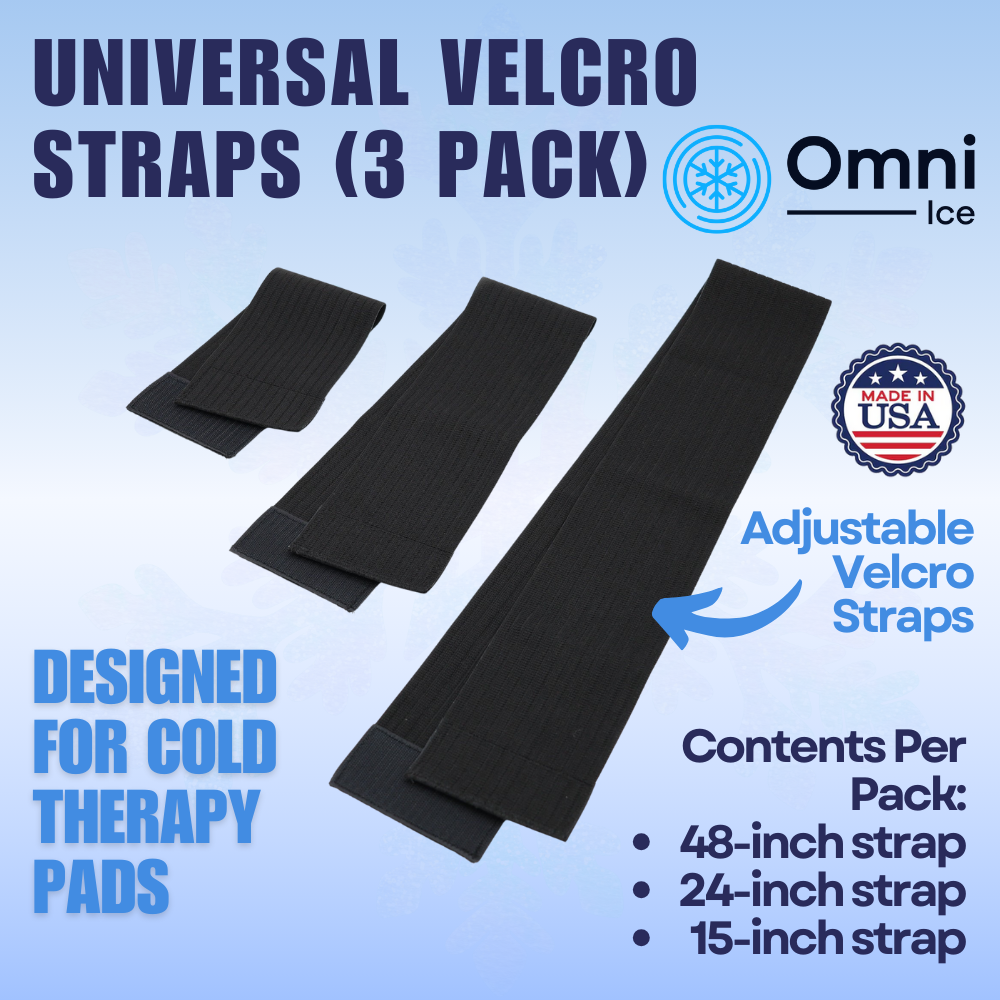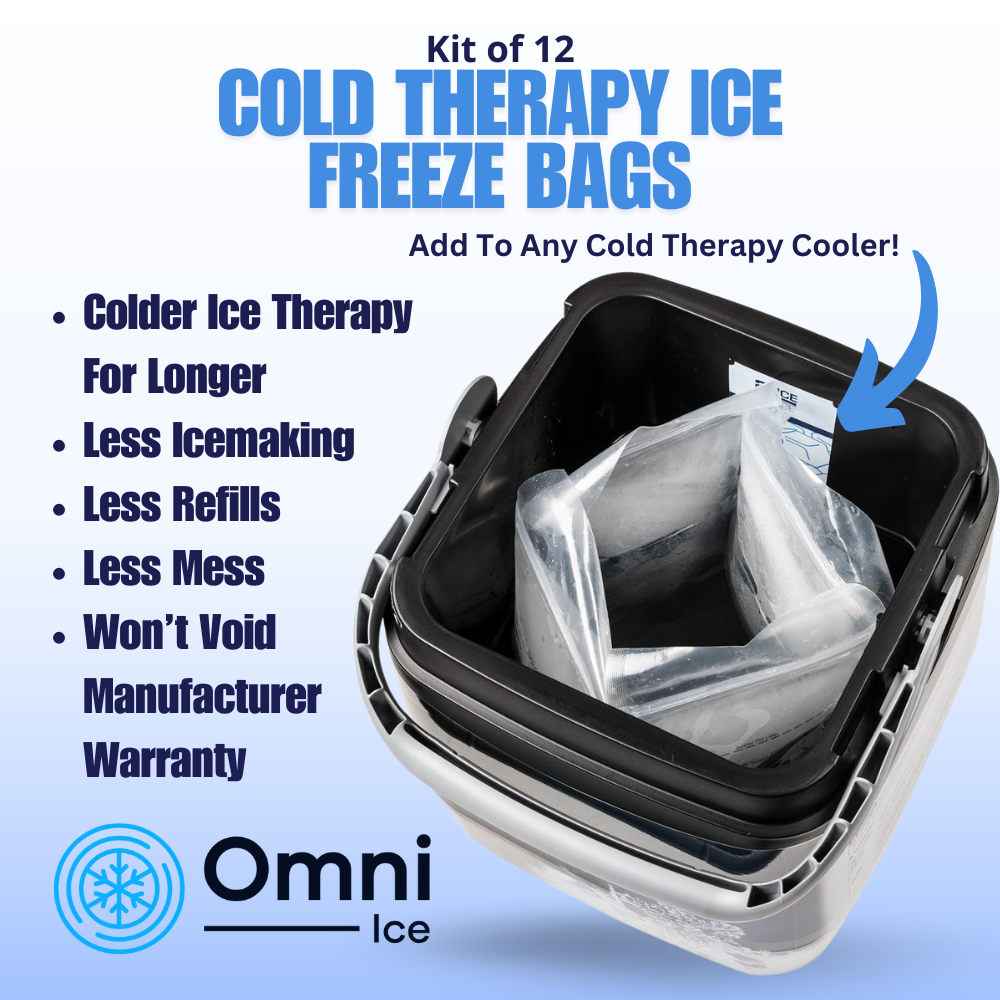Cold Therapy After Spinal Surgery
Why do neurosurgeons and orthopedic surgeons incorporate cold therapy into their Recovery Programs? Read on and learn how you can use cold therapy to help recover after spinal surgery.
Importance of Cold Therapy After Spinal Surgery

Postoperative cold therapy has been touted as an effective way of minimizing pain and inflammation after spinal and orthopedic surgery. Cold therapy lowers the temperature in the affected area, thus reducing the increased flow of blood and other fluids that cause inflammation and pain. Cold treatment after spinal surgery typically involves localized cooling by applying a chilled saline solution to the areas surrounding the surgical site.
This type of therapy is typically done immediately after decompression surgery, and its primary objective is to reduce secondary damage. When your spine is injured, you will likely sustain two types of injuries: primary and secondary. Direct damages are the immediate results of the injury, while secondary damages result from your body’s inflammatory reaction to the injury. Secondary damages can also occur after surgery and cause severe functional damage if you don’t take the necessary measures to stabilize your spinal cord.
Cold therapy helps minimize secondary damages by slowing metabolism and other body processes. You’ll experience a less inflammatory reaction, swelling, and pain. This reduces the production of free radicals in the affected. These highly reactive molecules damage cells through oxidation, and your surgical site needs healthy cells to recover.
Cold therapy after spinal surgery also reduces excitotoxicity, which is how neurons are damaged by excess neurotransmitters released by SCI during and after surgery. When excess neurotransmitters are released, they overstimulate neurons, resulting in a cataract of neurotoxicity that eventually leads to less neuronal function and dead cells.
Another benefit of cold therapy after spinal surgery is to alter the sponginess of the barrier that prevents blood from mixing with the spinal cord. Spinal surgery may disrupt the functionality of the blood-spinal cord barrier, letting harmful chemicals from your blood come into contact with your spinal cord. But cold therapy after the surgery will preserve the barrier to minimize inflammation and swelling.








